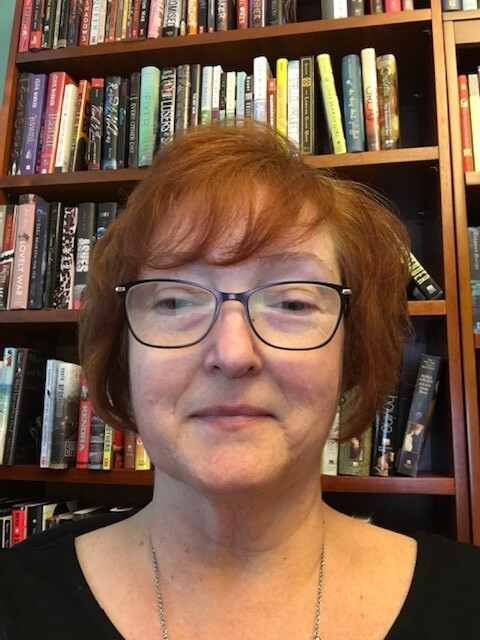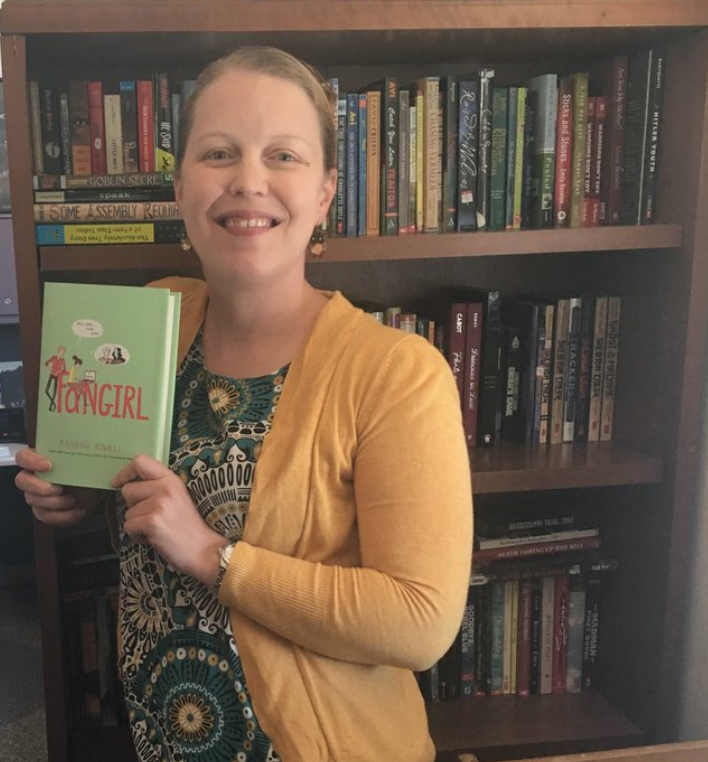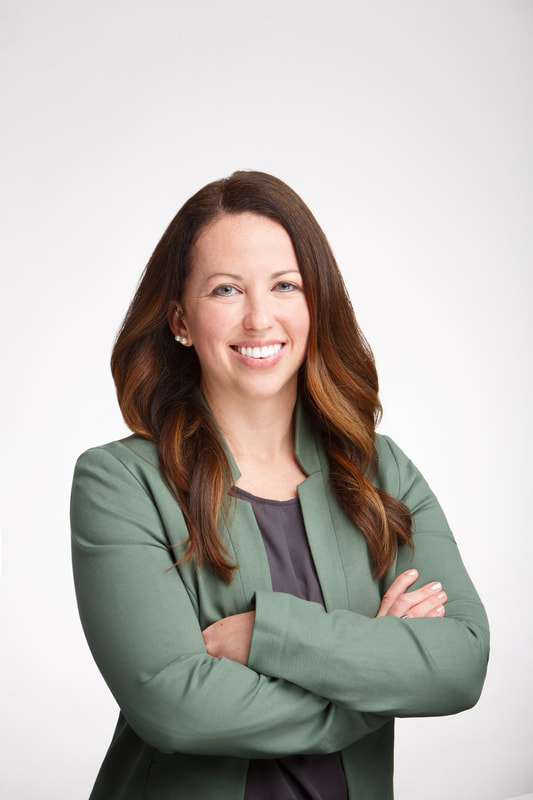For me, contemporary, reality-based YA literature within the classroom gives students a chance to focus on modern issues that relate to who they are and who they want to be within their lived experiences. Furthermore, contemporary, reality-based YA creates a catalyst for discussions about community-based change within schools. Some of my favorite books I’ve included for book club choices and this PSA assessment are Moxie by Jennifer Mathieu, Dear Martin by Nic Stone, The 57 Bus: A True Story of Two Teenagers and the Crime That Changed Their Lives by Dashka Slater, The Poet X by Elizabeth Acevedo, I Am Not Your Perfect Mexican Daughter by Erika L. Sánchez, The Unlikely Hero of Room 13B by Teresa Toten, Highly Illogical Behavior by John Corey Whaley, Stamped by Jason Reynolds and Ibram X. Kendi, Love, Hate, and Other Filters by Samira Ahmed, and We Are Not From Here by Jenny Torres Sanchez. The list could go on, honestly, and it does here.
As I’ve reworked this PSA assignment throughout the years, I’ve maintained a focus on how students can enact change within their own communities. In creating these PSAs, I ask them to consider the ways that the issues presented in their books are also represented within the walls of their own communities, specifically their school community.
Outline of PSA Unit
After students finish their books, I introduce the PSA. My goal is to have them consider their school communities and how the issues in their books relate to the social aspects of their own lives. By communities, I don’t just mean the whole of the school community, although students can certainly take that broad view; I also mean their school social groups and friend communities in which they engage. I let them know that change can start with small steps, affecting the self first, then small groups, and finally a wider community. Students consider some essential questions, which they discuss first in small groups and then in whole-group discussion. These are questions to which the students and I return throughout the PSA assignment.
The next day, I review the PSA assignment. It’s a lot, and it’s easy for students to become overwhelmed. I let them know that we’ll take it day by day, and I ask them to reflect on their book and the assignments that they have already done during the book club meetings. They review these documents to find an issue within the book that relates to the lived experiences within their school communities. As they discuss and share their topics, I ask questions as I walk around the room to steer them to a final topic.
Once they have their topics, I have them work through two aspects of research. First, they research their specific issue in ProQuest SIRS Issues Researcher, or other online sources that I think might help them, and then collect the articles or videos in a graphic organizer. Next, the groups research what an effective PSA is and break down the multimodal, rhetorical choices that PSAs creators make. Both of these research tasks are essential in adding to their knowledge of their chosen issue and PSAs.
Before the students begin filming, I have them fill out a storyboard as a draft for their PSA. This is where we discuss how to edit clips and pull together their final video. It’s here that I usually mine the students for information on how to edit videos. While some of the students will have these skills, not all of them do, so having a conversation about how those students edit the videos can support collaborative learning.
When I’ve done these assignments in the past, one group member usually films the content on their phone and then edits it with the team, often using whatever app they currently have on their phone. However, I also go over a few sites, such as Canva, iMovie, and Screencast-o-Matic. On the same day they create their storyboards, I always talk to the groups individually about their plans for filming and editing the PSA together.
The filming and editing process may take several days, depending on how much guidance students need. During the filming day, I facilitate in any way I can, which often includes writing passes to certain locations or checking to make sure everything is going smoothly. On the editing days, it often feels like I’m moving from group to group as quickly as possible. As I make suggestions on their work and offer advice on their editing process, students work together to pull all their clips together effectively for final publication.
Finally, we have a gallery walk so that each group can see each other’s work, and the groups complete a feedback form for each PSA. This feedback form gets a conversation started about the changes the PSAs can create within their school communities.
Although I usually tie this assignment to a YA book, I think that this PSA assignment can be adapted for any text or texts that have been read throughout the year. Further, teachers can also adapt this PSA assignment as a reflective tool for students to consider all the works they have read throughout the year. By doing this, students have an opportunity to springboard into the PSA assignment and reconsider the former texts through a new lens.
Regardless of how it’s implemented, I am always blown away by the creativity the students display, the way they solve problems throughout the process, and the conversations they have about each other’s PSAs. It is always my favorite assignment because students drive the learning, all while allowing them to see the composition process through a digital medium. Plus, it helps them consider their school community and take steps toward seeing school community problems as solutions that they, as change agents, can help solve!
About the Author
Holly Sheppard Riesco is currently a doctoral student at the University of Arkansas in the Curriculum and Instruction program in English Education. Prior to entering the doctoral program, she taught secondary ELA for 15 years. Her research interest centers on the valuation of students’ lived literacies through young adult literature, rhetoric, and composition. She has co-authored the book Adolescent Realities: Engaging Students in SEL through Young Adult Literature (Rowman & Littlefield, 2021), and her most current article “Small Steps, Big Gains: Critical Consciousness Modeled in YA Lit” can be read in the Winter 2022 issue of The ALAN Review.




 RSS Feed
RSS Feed